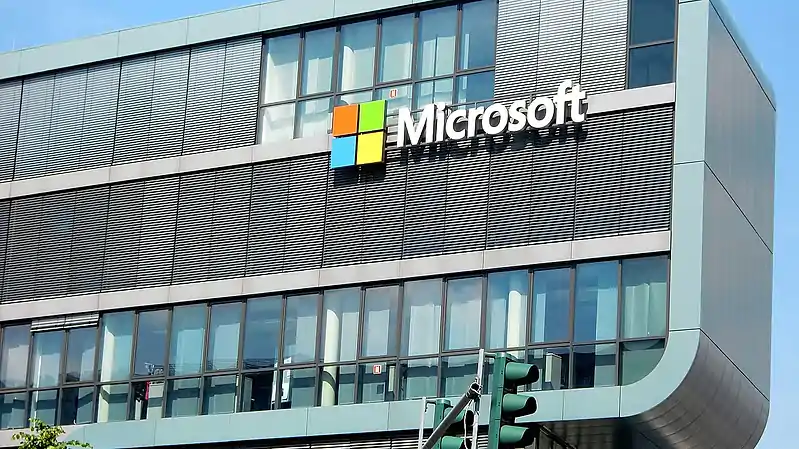Deprecation Notice Sent
Byebye Cortana: Microsoft Decides It’s Not for Windows 11
Microsoft has taken the decisive step of discontinuing its Cortana app for Windows 11. This move marks the end of an era for the digital assistant that originated in the Windows Phone ecosystem. It also follows the cessation of Cortana’s presence on iOS and Android devices three years ago.
Deprecation Notice Sent
Users attempting to launch Cortana on Windows 11 will now be greeted by a notification stating that the app has been deprecated, accompanied by a link to a support article detailing the change. Microsoft plans to withdraw support for Cortana across Teams mobile, Microsoft Teams Display, and Microsoft Teams Rooms in the upcoming fall of 2023. An unexpected exception is Cortana within Outlook mobile, which is set to continue its availability.
Cortana’s journey commenced as a digital assistant on Windows Phone and was subsequently integrated into Windows 10 in 2015, where it found a place on the taskbar. This integration endowed it with the capability to respond to voice commands, set reminders, and launch applications. In the transition to Windows 11, however, Cortana was removed from the taskbar and the initial boot experience, leaving only the standalone app until its recent discontinuation.
Competition Proved too Strong
Despite efforts to reinvigorate Cortana’s presence, including substantial redesigns for iOS and Android, it encountered formidable competition from competitors such as Alexa and Google Assistant. The setbacks experienced by Windows Phone also played a significant role in shaping the fate of Cortana. In 2019, Microsoft CEO Satya Nadella conceded that Cortana had fallen behind its rivals.
Microsoft is now focusing on the development of Windows Copilot, a novel sidebar for Windows 11 powered by Bing Chat. This feature will enable users to control Windows settings, receive answers to queries, and more. The anticipated rollout of Windows Copilot is scheduled for the forthcoming autumn, coinciding with a Windows 11 update that will incorporate native support for RAR and 7-Zip file formats.
The discontinuation aligns with Microsoft’s broader strategy of integrating AI capabilities into Bing and other digital offerings.
Although the end of Cortana’s journey had been anticipated for a few months, it is nonetheless poignant to witness the departure of this digital companion. Microsoft announced the discontinuation back in June, citing the app as “deprecated,” with support slated to conclude later this year.
AI Capabilities to Take Its Place
In its stead, Microsoft is championing the AI capabilities of Microsoft 365 and Windows 11 Copilot. Windows 10 users, however, face a dearth of alternatives apart from the Bing in-browser AI.
The decision to bid adieu to Cortana culminates years of deliberation stemming from controversies surrounding user voice recordings and commands. It is worth noting that other virtual assistant apps might also face uncertain futures, exemplified by Alexa’s gradual loss of certain features.
While competitors are developing proprietary AI language models, Microsoft has invested billions in a partnership with OpenAI. The ChatGPT chatbot from OpenAI was integrated with Bing search, though this feature experienced interruptions as users circumvented paywalls.
The true test for AI assistants will lie in their potential to revolutionise conventional search functions. While Bing has opened its AI-enhanced search to all users, Google’s Search Generative Experience remains within the confines of closed beta. Amazon and Apple, known for their discretion, may also be advancing AI integration in their products.

